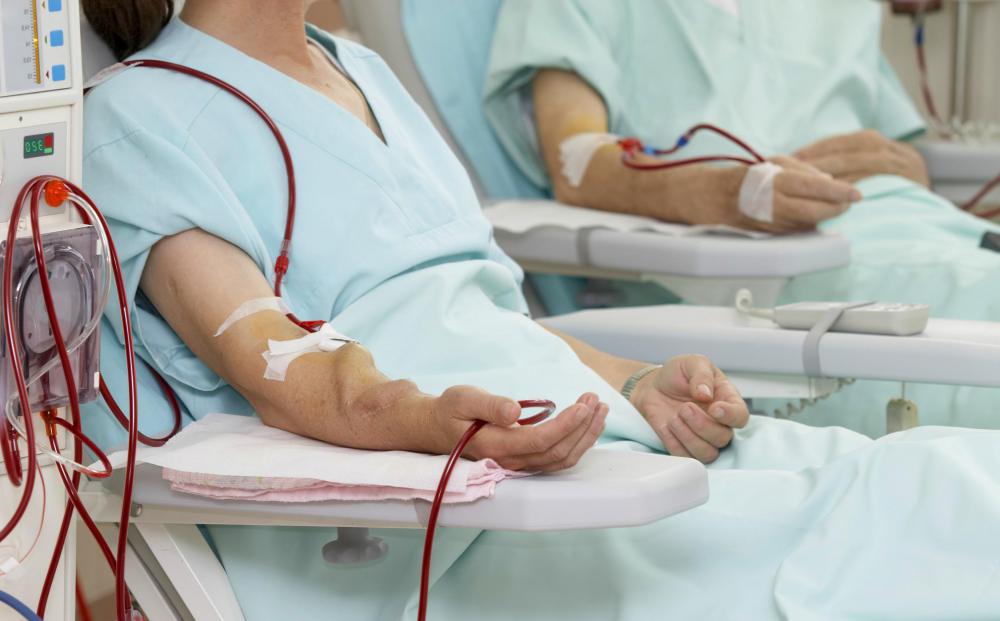At WiseGEEK, we're committed to delivering accurate, trustworthy information. Our expert-authored content is rigorously fact-checked and sourced from credible authorities. Discover how we uphold the highest standards in providing you with reliable knowledge.
What Is Multiple Organ Dysfunction Syndrome?
Multiple organ dysfunction syndrome (MODS) is a process involving the systemic breakdown of organ systems, leading the patient to need clinical support to survive. Rather than a specific diagnosis, this is a spectrum of symptoms and clinical signs. Patients typically need hospitalization, often in an intensive care unit, to receive adequate treatment. This syndrome is survivable in some cases, but can cause serious complications.
The process typically starts with an infection, which might be the result of transmissible disease, a reaction to surgery or trauma, or other events. The infection develops into sepsis, and then septic shock, as the infectious agents travel through the body and the patient develops a systemic inflammatory response. This puts strain on the organs, and leads to multiple organ dysfunction syndrome as the internal organs struggle to cope with the disease. One or more organs may be involved.

This used to be known as “organ failure,” but this terminology is not quite correct. When an organ fails, there is no chance of recovering function and the patient needs life-long support or a transplant. In patients with multiple organ dysfunction syndrome, it is possible to recover. These patients need medical support to maintain homeostasis while their bodies fight the infection and begin to heal. The level of support needed can depend on the organ involvement.

Organs that can be involved can include the liver, kidneys, lung, and heart. The gastrointestinal tract may experience dysfunction as well, and some patients develop skin involvement. Patients typically have a high white blood cell count and can develop fever, racing heart, and hyperventilation. Some medical interventions to help a patient with multiple organ dysfunction syndrome can include intravenous fluids to maintain hydration, dialysis to take over for damaged kidneys, and mechanical ventilation to support patients who cannot breathe independently. Problems with the heart rate may be resolved with mechanical pacing.

Such patients are extremely unstable and require careful monitoring. In some cases one or more intensive care nurses may be assigned specifically to a particular multiple organ dysfunction syndrome patient to provide ongoing interventions and treatment. If the patient experiences complications, the care plan can be adapted to address the situation. As patients enter recovery, they can go into step down units where nursing care is less intensive and fewer interventions are provided. The goal is to eventually graduate patients to the point where they can function independently and go home.
AS FEATURED ON:
AS FEATURED ON:













Discuss this Article
Post your comments